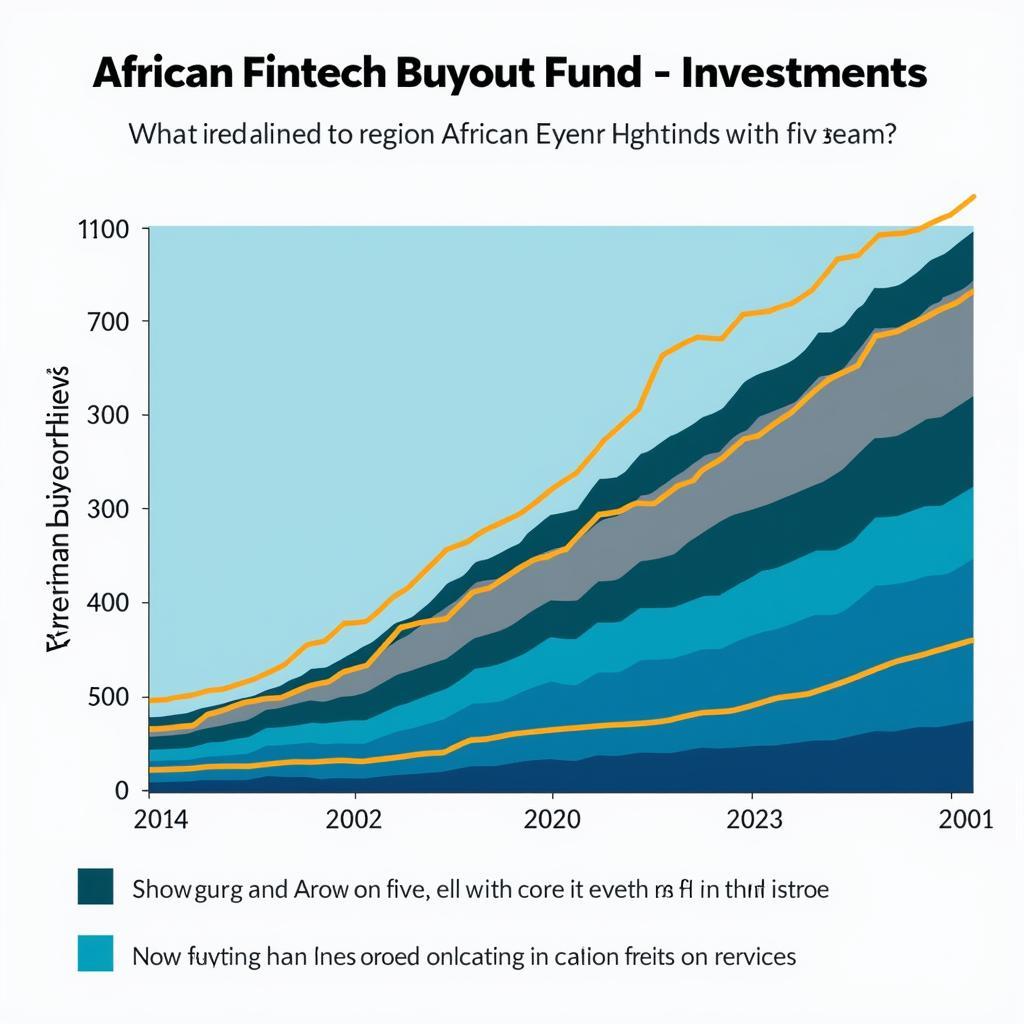African Architecture News: Exploring the Continent’s Evolving Built Environment
African Architecture News reveals a dynamic and evolving landscape, showcasing both tradition and innovation. From sustainable designs utilizing local materials to modern skyscrapers reaching for the sky, the continent’s built environment is a testament to its rich history and vibrant future. This article explores the latest trends, challenges, and opportunities in African architecture, highlighting its growing global influence. See how African architects are shaping the future of design.
Traditional Techniques Meet Modern Materials: A New Era for African Architecture
Across Africa, architects are rediscovering traditional building techniques and incorporating them into modern projects. This approach not only preserves cultural heritage but also promotes sustainable practices by utilizing locally sourced materials like bamboo, timber, and laterite. These materials are often more environmentally friendly and cost-effective than imported alternatives. This blend of old and new creates unique architectural styles that reflect the specific needs and contexts of different regions, fostering a sense of place and identity. See how this approach is creating a distinctly African architectural language. The rise of sustainable architecture in Africa is also driving innovation in material science, with research focusing on optimizing the performance and durability of traditional materials. For example, some projects are experimenting with treated bamboo to increase its resistance to pests and weather. Check out the ongoing projects showcasing innovative applications of traditional materials. After this initial exploration, let’s look into some prominent examples.
Addressing the Challenges of Rapid Urbanization
Rapid urbanization across Africa presents unique challenges for architects and urban planners. The demand for affordable housing and efficient infrastructure is growing exponentially, requiring innovative solutions that can accommodate diverse needs and limited resources. This is further complicated by the need to preserve existing cultural heritage while embracing modern development. African architects are increasingly embracing prefabrication and modular construction techniques to accelerate building processes and reduce costs. These methods also allow for greater flexibility and adaptability in design, catering to the evolving needs of urban populations. How can these techniques shape the future of African cities?
Showcasing African Design on the Global Stage
African architecture is increasingly gaining recognition on the global stage, with many African architects receiving international awards and accolades. This growing influence is evident in the increasing number of African-designed projects featured in international publications and exhibitions. African architects are demonstrating their expertise in creating sustainable, contextually sensitive designs that address the unique challenges and opportunities of the continent. Discover how these architects are inspiring a new generation of designers worldwide. You can learn more about how African architects are using Twitter to share their work and connect with the global community by visiting African architecture Twitter.
What is the future of African architecture?
The future of African architecture is bright, driven by a new generation of architects who are committed to creating sustainable, contextually sensitive designs that address the unique challenges and opportunities of the continent. By blending traditional techniques with modern materials and technologies, these architects are shaping a new architectural language that is both globally relevant and distinctly African. Check out African countries with capitals list to learn more about different architectural styles across the continent.
How is technology influencing African architecture?
Technology is playing a crucial role in the evolution of African architecture, enabling architects to create innovative and sustainable designs that address the continent’s specific needs. From 3D printing to Building Information Modeling (BIM), these tools are transforming the design process and enabling greater efficiency, precision, and collaboration. Additionally, technology is facilitating access to information and resources, connecting African architects with global networks and fostering knowledge sharing. You can read more about African bite Indian person news to understand how diverse cultures influence architecture.
What are some notable examples of contemporary African architecture?
Several contemporary African architecture projects exemplify the continent’s innovative and sustainable design approach. These include the Zeitz MOCAA in Cape Town, South Africa, which repurposed a historic grain silo into a world-class art museum, and the Bosco Verticale in Milan, Italy, designed by the Italian architect Stefano Boeri, which incorporates vertical forests into its structure. These projects demonstrate the potential of African architecture to inspire and influence global design trends. Explore more by searching for African big main square and other architectural landmarks. You may be interested to know about the African countries where German is spoken as the colonial influence is also reflected in their architectural styles.
Conclusion
African architecture news highlights a vibrant and evolving field, blending tradition and innovation to create a built environment that reflects the continent’s unique identity and addresses its specific needs. As African architects continue to push the boundaries of design, they are shaping not only the future of the continent but also influencing the global architectural landscape. Keep up with the latest African architecture news to stay informed about the exciting developments taking place across the continent.
FAQ
-
What are the main challenges facing African architecture?
Rapid urbanization, limited resources, and the need to preserve cultural heritage are some key challenges. -
How is sustainability being incorporated into African architecture?
By using locally sourced materials, incorporating traditional building techniques, and prioritizing energy efficiency. -
What are some examples of traditional African building materials?
Bamboo, timber, laterite, and earth are commonly used materials. -
How is African architecture gaining global recognition?
Through international awards, publications, and exhibitions showcasing innovative African designs. -
What is the role of technology in African architecture?
Technology enables efficient design, access to information, and the integration of sustainable practices. -
How can I learn more about specific architectural styles in different African countries?
You can refer to resources like “African countries with capitals list” to explore architectural diversity across the continent.
-
Are there any resources that discuss the impact of cultural exchange on architecture in Africa?
Yes, articles like “African bite Indian person news” offer insights into how diverse cultures can influence architectural design.
Commonly Asked Questions about African Architecture:
- What are some of the oldest examples of African architecture? Ancient Egyptian pyramids and temples, along with Great Zimbabwe are prominent examples, showcasing advanced building techniques and complex societal structures.
- How does climate influence African architectural design? Building designs often incorporate natural ventilation, shading techniques, and materials suited to local climates to mitigate extreme heat or rainfall.
- What are some emerging trends in African architecture education? A growing focus on sustainable design, community engagement, and the integration of technology are shaping architectural curricula across the continent.
Further Exploration:
For more information on related topics, consider exploring these additional resources on our website:
- African Architecture and Urban Planning: Explore in-depth articles on urban development challenges and innovative solutions being implemented across African cities.
- Sustainable Building Materials in Africa: Learn about the latest research and applications of eco-friendly building materials being used in African construction.
- Profiles of Leading African Architects: Discover the stories and work of prominent architects shaping the future of African design.
For any support or further information, please contact us at Phone: +255768904061, Email: kaka.mag@gmail.com or visit our address: Mbarali DC Mawindi, Kangaga, Tanzania. Our customer service team is available 24/7.




